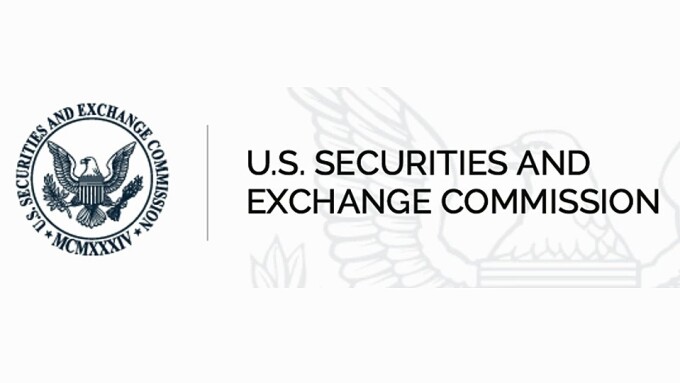LOS ANGELES — The illusion among some that cryptocurrency payments are an unregulated technology recently received a cold, hard dose of reality, with the filing of several lawsuits by the U.S. Securities and Exchange Commission (SEC), alleging fraud in connection with initial coin offering (ICO) schemes.
On the adult entertainment front, 27-year-old former Fantasy Market CEO Jonathan Lucas is accused of fraud for luring investors to an ICO, which reportedly promised to bring cryptocurrency to the live cam market.
According to the SEC’s complaint, “Lucas raised approximately $63,000 in cryptocurrency from more than 100 investors through the fraudulent offer and sale of unregistered digital securities of Fantasy Market.”
“Lucas made numerous materially false statements in a white paper and online to induce investors to participate in the ICO,” the complaint stated. “Among other alleged misstatements, Lucas claimed that a ‘working-beta’ version of the company’s adult-entertainment platform existed when one did not, presented a fictitious management team, and misrepresented his own experience.”
The allegations paint a picture of a twenty-something working alone, yet pretending to have a big team’s backing, while attempting to raise $25 million, with no tokens ever issued and his Ethereum application a hoax.
Lucas, without admitting or denying the allegations, consented to a final judgment that imposed a wide range of penalties including a fine of $15,000.
Perhaps one might think this is merely an attack against a small player because of a dubious “porn” connection, but the SEC also reportedly took a swipe against Kik, the popular messaging app boasting some 300 million users, over allegations that it fraudulently raised $100 million in financing through its Kin cryptocurrency; leading to the closing of the Kik service.
Likewise, another recent action is targeting ICOBox and its founder Nikolay Evdokimov for conducting an illegal $14 million scheme to sell its “ICOS” tokens, which the SEC called “virtually worthless,” and further claimed the company facilitated the raising of “more than $650 million for dozens of clients” through similar schemes.
The upshot? If you’re an American who thinks “creative” ICOs pave the road to riches, the Securities and Exchange Commission has a tough message for you.






